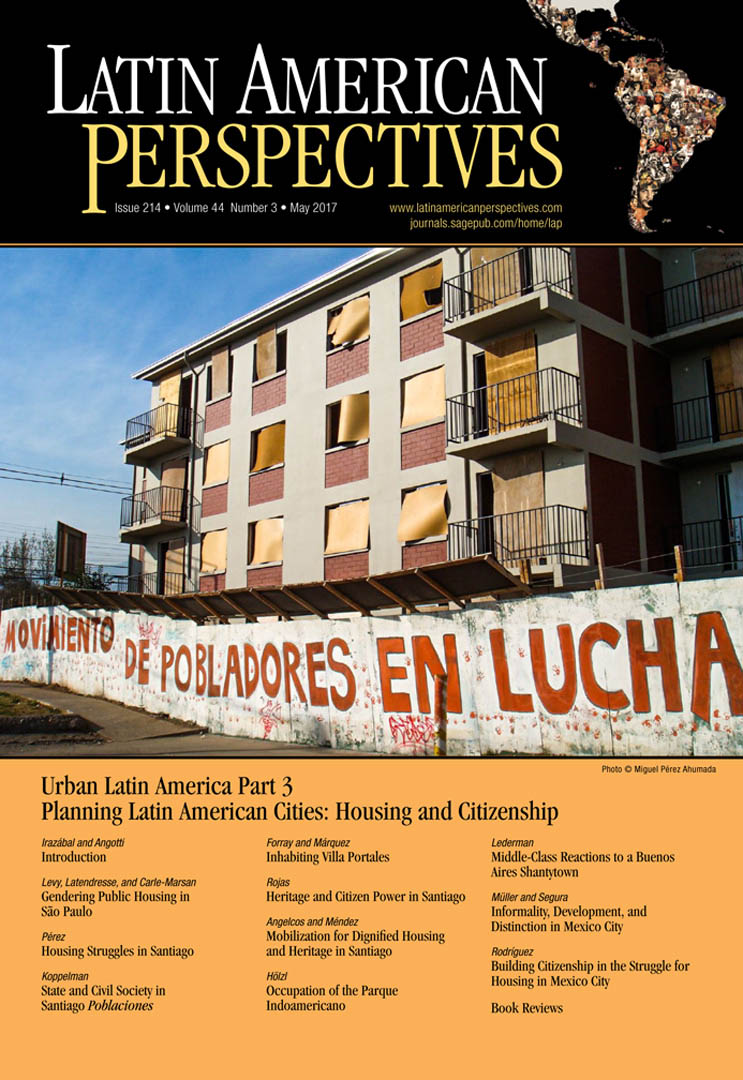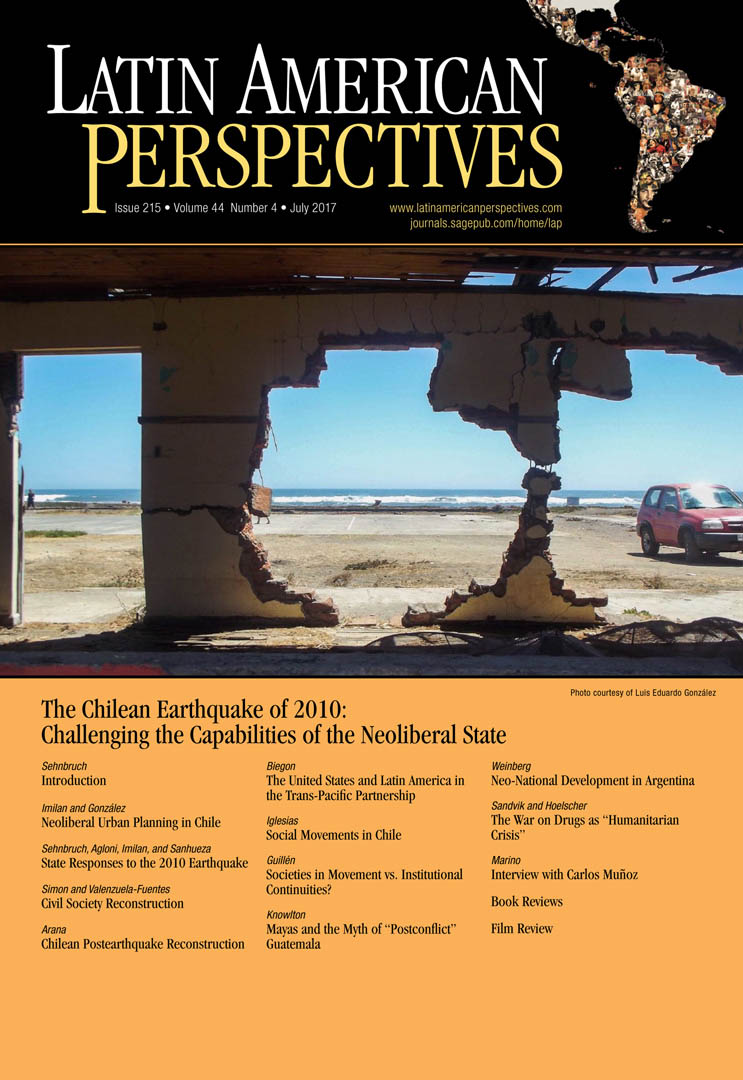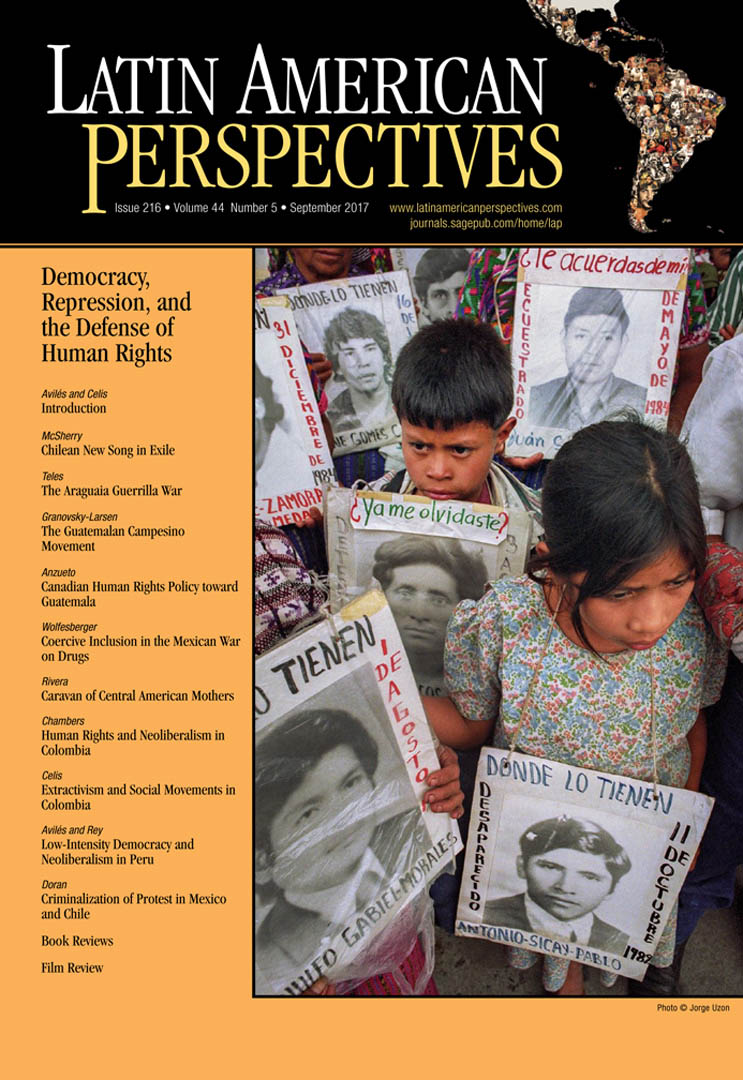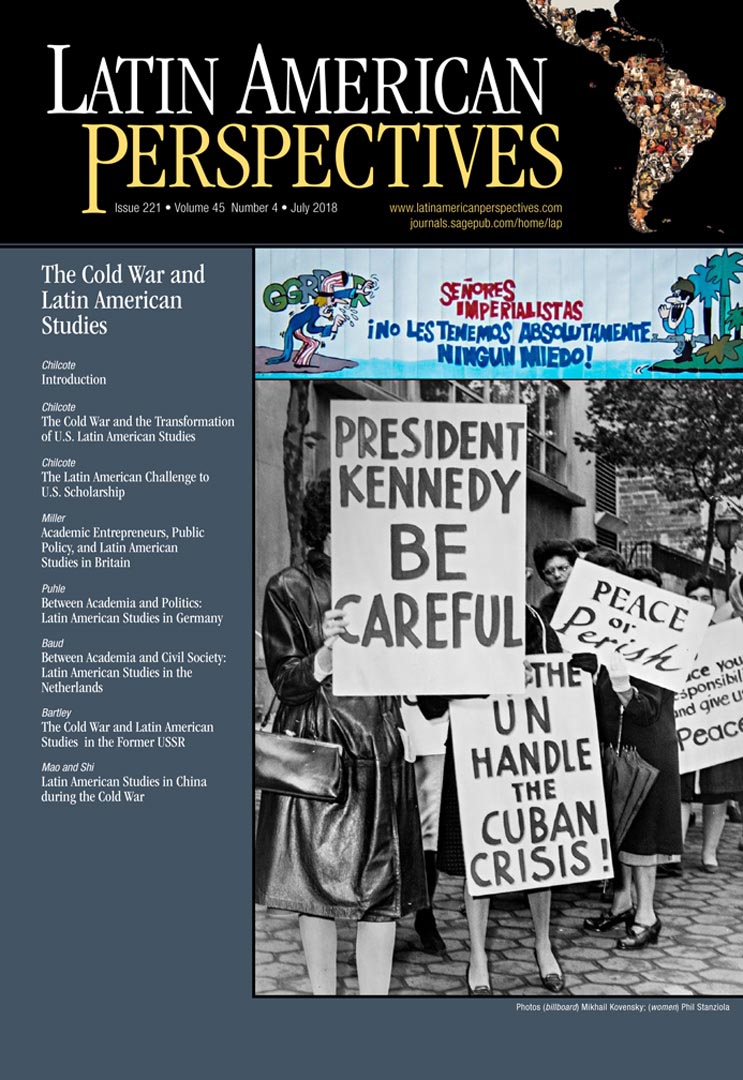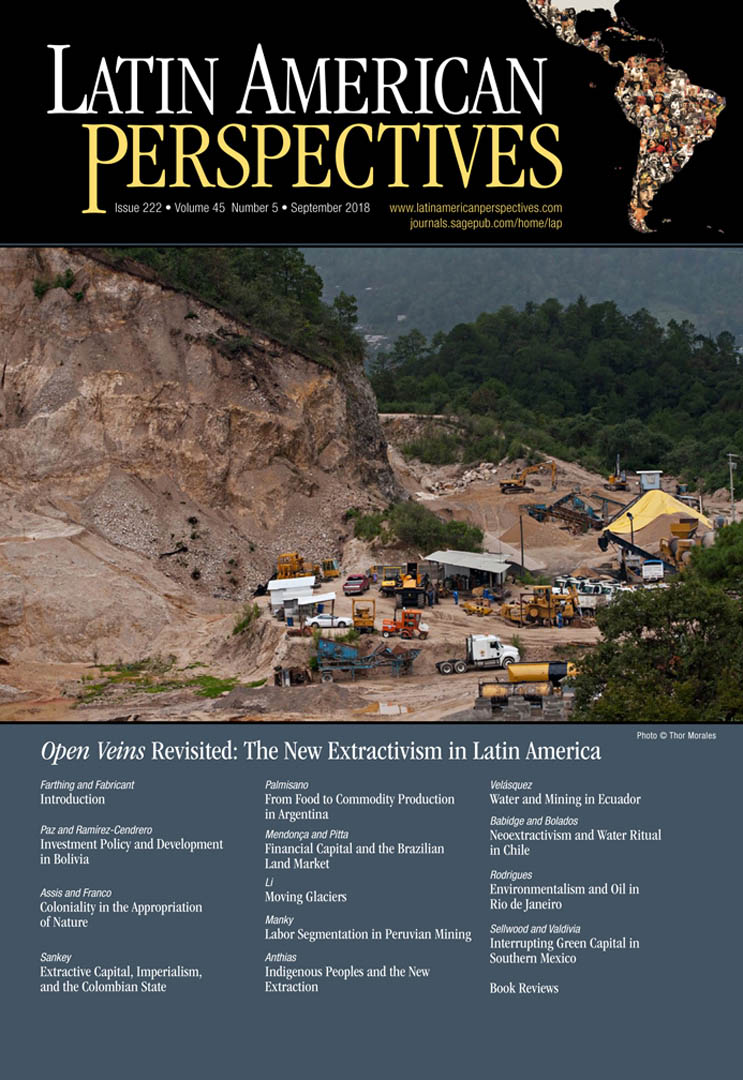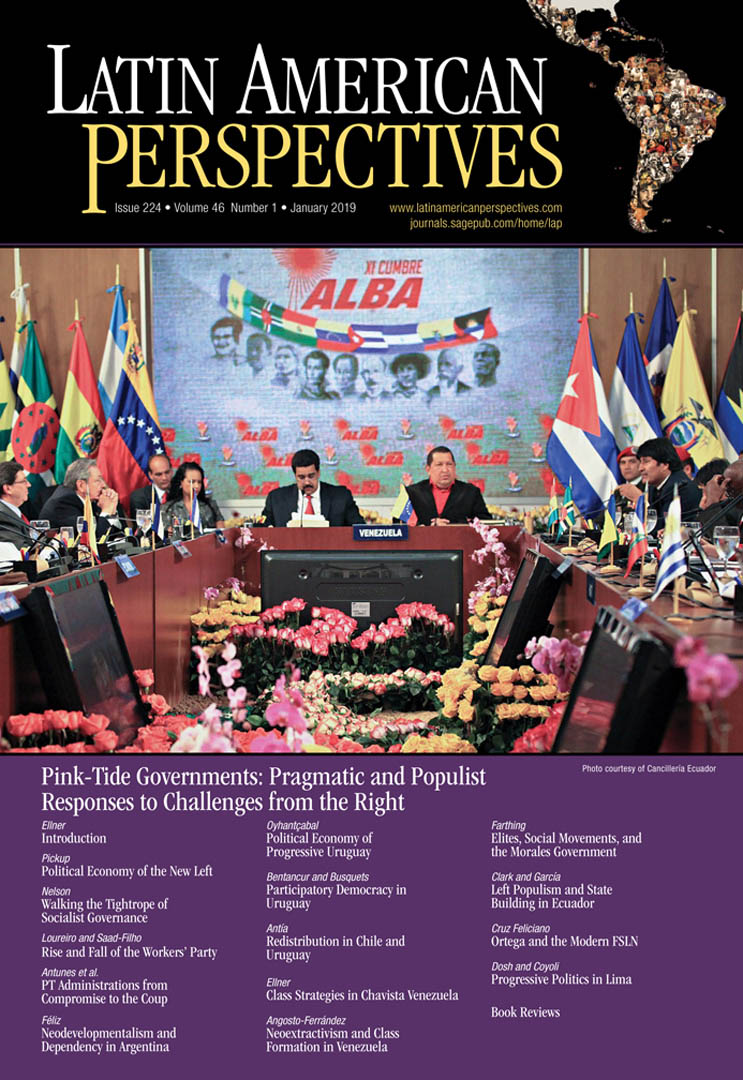Urban Latin America: Part 3: Planning Latin American Cities: Housing and Citizenship
Urban Latin America: Part 3: Planning Latin American Cities: Housing and Citizenship Issue #: 214 | Volume #: 44 | Number #: 3 Date: May 2017 Interviewer: Tomas Ocampo Interviewees: Tom Angotti and Clara Irazábal Short Description: Urban social movements have contested the conditions under which people live and work in Latin America’s cities. The movements arose in response to the urban and housing policies of the neoliberal state, reflect deep contradictions of class, gender, poverty and informality, and signal the emergence of new forms of citizenship. LATIN AMERICAN PERSPECTIVES is a theoretical and scholarly journal for discussion and debate on the political economy of capitalism, imperialism, and socialism in the Americas. For more than forty years, it has published timely, progressive analyses of the social forces shaping contemporary Latin America. http://latinamericanperspectives.com


